I have a cluster of 6 nodes with ES 5.4 with 4B small documents yet indexed.
Documents are organized in ~9K indexes, for a total of 2TB. The indexes' occupancy varies from few KB to hundreds of GB and they are sharded in order to keep each shard under 20GB.
Cluster health query responds with:
{
cluster_name: "##########",
status: "green",
timed_out: false,
number_of_nodes: 6,
number_of_data_nodes: 6,
active_primary_shards: 9014,
active_shards: 9034,
relocating_shards: 0,
initializing_shards: 0,
unassigned_shards: 0,
delayed_unassigned_shards: 0,
number_of_pending_tasks: 0,
number_of_in_flight_fetch: 0,
task_max_waiting_in_queue_millis: 0,
active_shards_percent_as_number: 100
}
Before sending any query to the cluster, it is stable and it gets a bulk index query every second with 10 or some thousand of documents with no problem.
Everything is fine until I redirect some traffic to this cluster.
As soon as it starts to respond the majority of the servers start reading from disk at 250 MB/s making the cluster unresponsive:

What it is strange is that I cloned this ES configuration on AWS (same hardware, same Linux kernel, but different Linux version) and there I have no problem:
 NB: note that 40MB/s of disk read is what I always had on servers that are serving traffic.
NB: note that 40MB/s of disk read is what I always had on servers that are serving traffic.
Relevant Elasticsearch 5 configurations are:
Xms12g -Xmx12ginjvm.options
I also tested it with the following configurations, but without succeeded:
bootstrap.memory_lock:trueMAX_OPEN_FILES=1000000
Each server has 16CPU and 32GB of RAM; some have Linux Jessie 8.7, other Jessie 8.6; all have kernel 3.16.0-4-amd64.
I checked that cache on each node with localhost:9200/_nodes/stats/indices/query_cache?pretty&human and all the servers have similar statistics: cache size, cache hit, miss and eviction.
It doesn't seem a warm up operation, since on AWS cloned cluster I never see this behavior and also because it never ends.
I can't find useful information under /var/log/elasticsearch/*.
Am I doing anything wrong?
What should I change in order to solve this problem?
Thanks!